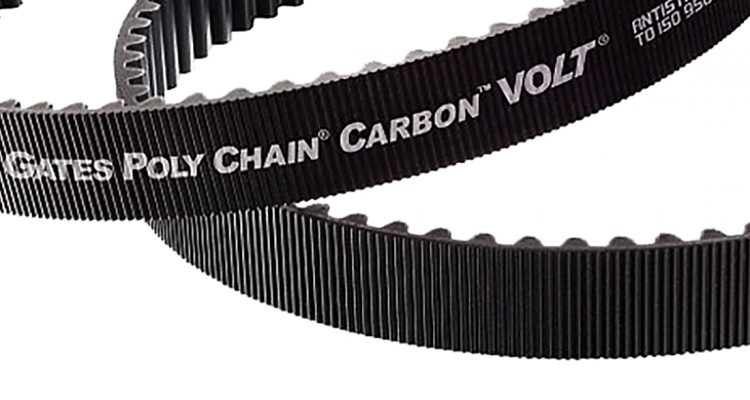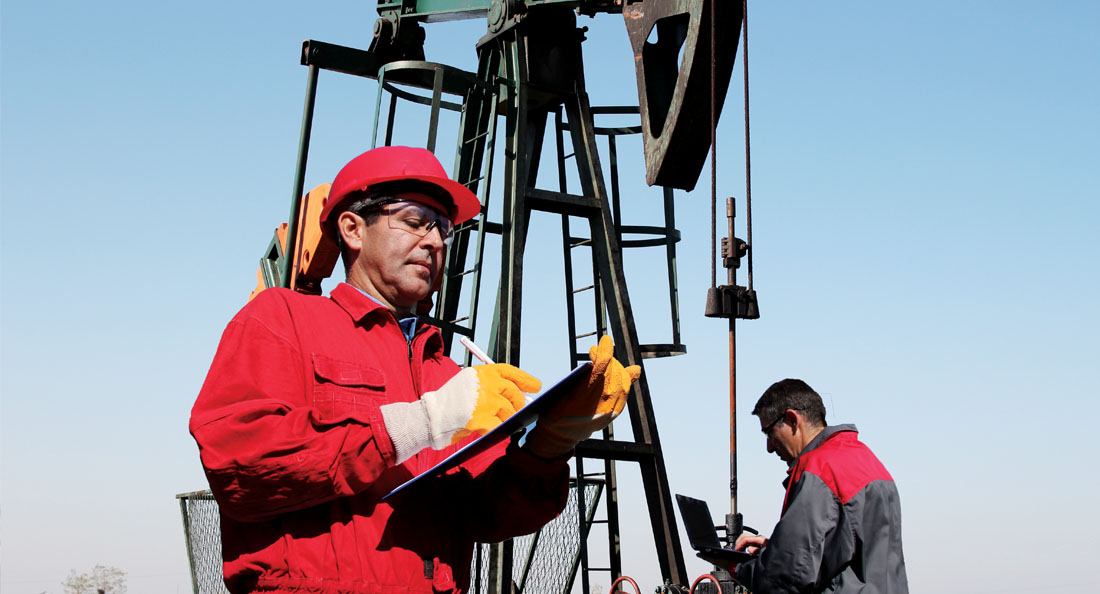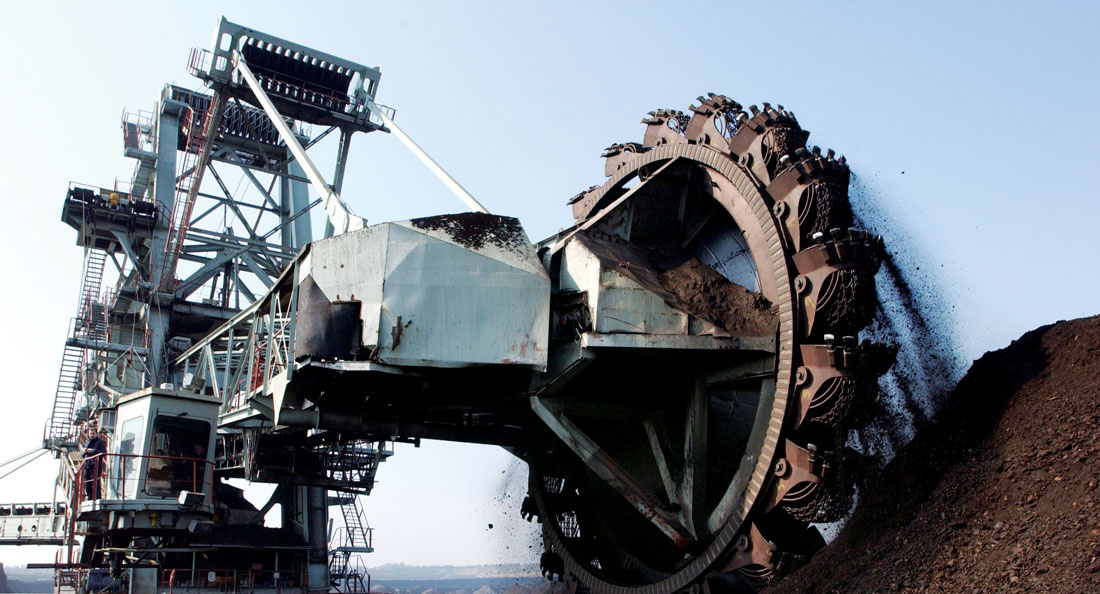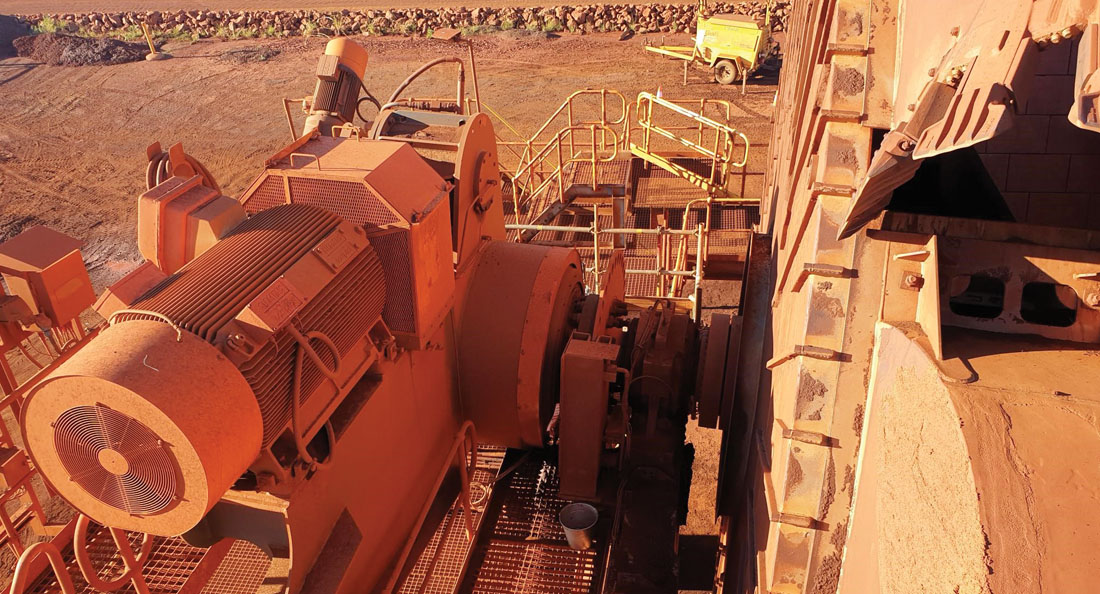When it comes to paper and cardboard recycling rates, Australia has a reasonable record, recycling 62 per cent of all paper and cardboard wastage1. The importance of consistent cardboard and paper recycling practises in Australia will ensure a cleaner, energy efficient environment for future generations to come.
Currently, paper and cardboard are delivered to local recycling plants, which are located all around the country. The waste is broken down by machines, resulting in paper fibres being bound together.
The Gates Corporation has played a pivotal role in the development of engineered rubber products, essential to the boost in efficiency seen in paper recycling operations. In 1917, John Gates developed the v-belt, which transformed the capabilities of power transmission in industrial and automotive machinery liabilities.
Overloading or feeding wet cardboard into a mulcher can create a hammering effect to the machine, resulting in the drive not performing to its optimum capacity. A plant operator experienced this issue when operating a 250-horsepower mulcher. An existing v-belt repeatedly slipped under heavy-load constraints, resulting in the belt’s failure, ceasing to work prior to its required service life.
The customer got in contact with Motion’s CBC, a leading industrial products distributor, and got to work on resolving the issue related to the mulcher. The Motion Engineering Team linked up with the plant operator and recommended replacing the existing v-belts with new Gates® Poly Chain® synchronous belts to allow the mulcher to operate at its desired capacity.
The Poly Chain® belt is a polyurethane belt that replaces traditional roller chain applications for power transmission. It increases the capabilities of carbon fibre tensile cords to provide further power carrying capacity and extended flex fatigue life, helping it withstand shocks, surge loading and heavy abrasion.
Today, Gates® is in partnership with national distributors like Motion who offer customers with leading range industrial belt products such as v-belts, v-ribbed belts, synchronous belts, tensioners, pulleys, sprockets, and complete drive solutions.
“The Gates® Poly Chain® GT™ Carbon™ belt gave the site the ability to operate the mulcher at their desired level of severe shock loads,” says Motion’s National Product Manager for Mechanical Drives, Steve Hittmann. “The belts have been working without any slip under high-load conditions, resulting in maintenance-free and higher capacity operations.”
The Gates® Poly Chain® synchronous belts offer energy saving benefits when replacing v-belts, older synchronous belts, and chain drives.
“Since v-belts have thicker cross sections than synchronous belts, they need more energy to bend around sheaves. Gates® Poly Chain® synchronous belts offer up to five per cent energy savings over v-belts,” Steve says.
The nature of the product means operators will have less downtime on faulty machinery, resulting in an increase in productivity of equipment,
“The Gates® Poly Chain® synchronous belts require minimal maintenance and re-tensioning and run slip-free,” Steve says.
Gates® distributes its power transmission products through Motion – both companies work closely to support the Australian market with their technical skills and expertise.
Motion has over 90 branches that operate across Australia, and each branch has access to a network of qualified product managers and engineering support teams to ensure everything from design, installation and fitment is undertaken with the utmost care.
Recycling plant owners can trust that the Motion support team will conduct a thorough survey to come up with the best solutions geared at creating the best outcomes for each customer’s needs.
“The combined expertise of Motion and Gates® specialists ensures that customers get the best belts and drives solutions for their plants,” says Steve.
References:
- National Waste Report, 2022
www.dcceew.gov.au/environment/protection/waste/national-waste-reports/2022




